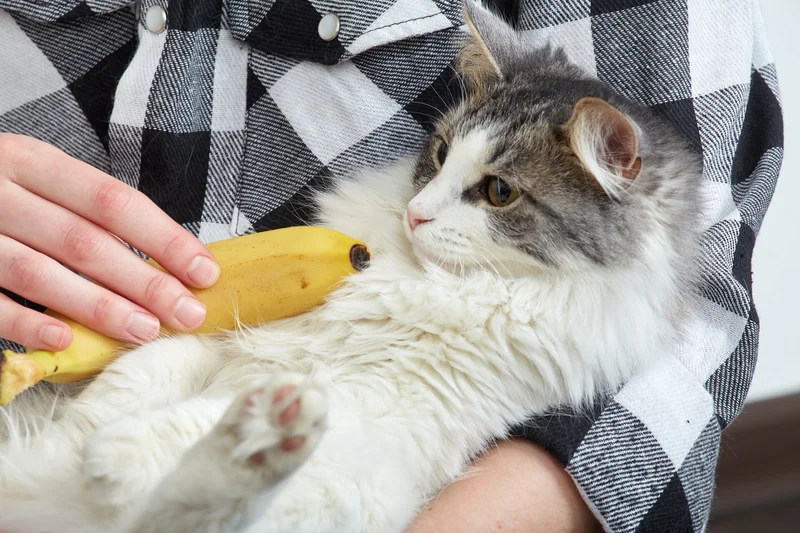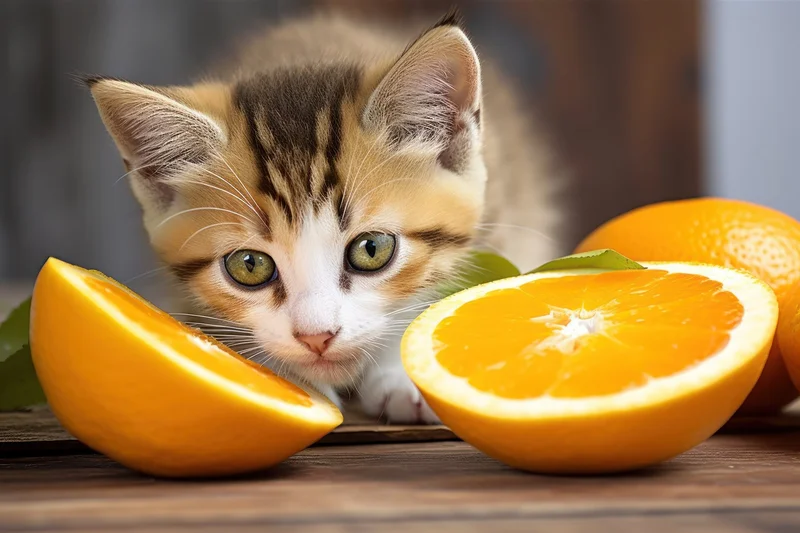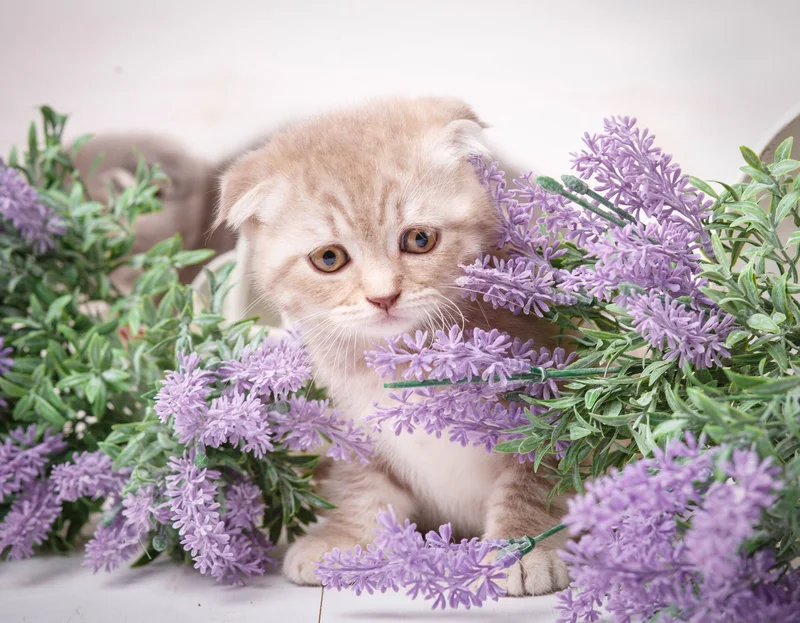Smells that cats hate

Photo source: 123rf.com
Cats are very sensitive animals, in particular when it comes to cleanliness and smells.
Felines have a much better sense of smell than we do. Cats have more than 200 million olfactory cells, while humans have less than 5 million.
Cats have a special organ associated with smell - the vomeronasal organ or Jacobson's organ, located behind the upper incisors, which allows the cat to “sense” odors when inhaled. This is why we can sometimes notice that a cat inhales a scent with its mouth slightly open.
By the way: thanks to this same organ, cats can perceive not only odors, but also pheromones, which are natural chemical transmitters that, to a certain extent, serve them to communicate with each other.
A cat's sense of smell is 14 times better than a human's. For cats, unpleasant odors are much stronger than for us.
Sometimes the presence of a foreign odor can explain their unusual behavior, for example, the cat may refuse to go to the litter box or will not want to go into a certain room. Let's talk about smells that cats don't like.
Citrus
Orange, lemon, lime... it doesn't matter what type of citrus fruit, as they all give off an intense aroma that is very unpleasant to cats. So much so that there are citrus-based repellents that prevent cats from escaping from the house or climbing onto certain furniture.
It's worth mentioning that some citrus peels can even be toxic to cats. It is unlikely that a feline will get too close to such fruit.
Kitten and orange. Photo source: 123rf.com
Bananas
Among the smells that cats don't like is the smell of bananas. Representatives of the cat family are not very friendly with this fruit, and the darker it is, the more disgust it inspires in them. The culprit is a gas produced by bananas as they ripen: ethylene.
Vinegar
Vinegar is non-toxic to cats and can be used in the home without any problems, but its strong smell will deter most kittens. Like the other scents on this list, it can be used as a cat repellent. It is also very useful for eliminating urine odor when a kitten (or adult cat, for whatever reason) relieves itself outside of the litter box.
Pepper
Pepper and similar strong-smelling spices are usually very unpleasant to our furry friends. In fact, it's not just that they don't like the smell, but that cats perceive such products as potentially toxic and will try to stay as far away from them as possible.
Black pepper. Photo source: 123rf.com
Coffee
It’s strange, but the smell that seems so pleasant to us is hated by cats. Most of them won't even want to go near the coffee. This is why used coffee can also be used as a repellent, especially in gardens and similar places.
Ammonia
Not only is ammonia unpleasant for cats, but it can also be dangerous if they inhale it. Ammonia is a typical ingredient in many cleaning products and should always be used in adequately ventilated areas.
To be on the safe side, if you have a cat, it is best to choose products that do not contain ammonia. If you need to use them for any reason, be sure to leave your furbaby in a separate room long enough for the product to dissipate.
Pine
In fact, felines don't like the smell of pine, even though it's commonly used as an air freshener and even in cat litter. Therefore, it is advisable not to abuse it. If you bought a pine bedding and see that your cat is avoiding it, it is better to choose another material for it.
Kitten and lavender. Photo source: 123rf.com
Lavender
Another smell that cats hate is the smell of lavender, which can also be a toxic plant to them. Even lavender air fresheners aren't the best thing if you live with a cat.
Eucalyptus
As with pine and lavender, the scent of eucalyptus is not a scent that cats appreciate. In fact, eucalyptus can also be toxic if ingested by a cat, so it is best to avoid it in the home.
Moth repellent
Moth balls emit a strong odor, which in many cases is unpleasant not only for cats, but also for people. What's worse: they're also highly toxic (these are products designed to kill moths and their larvae, after all), so they're dangerous for small kittens and even children. If you need to protect your clothes from moths, there are much less aggressive and safer solutions.